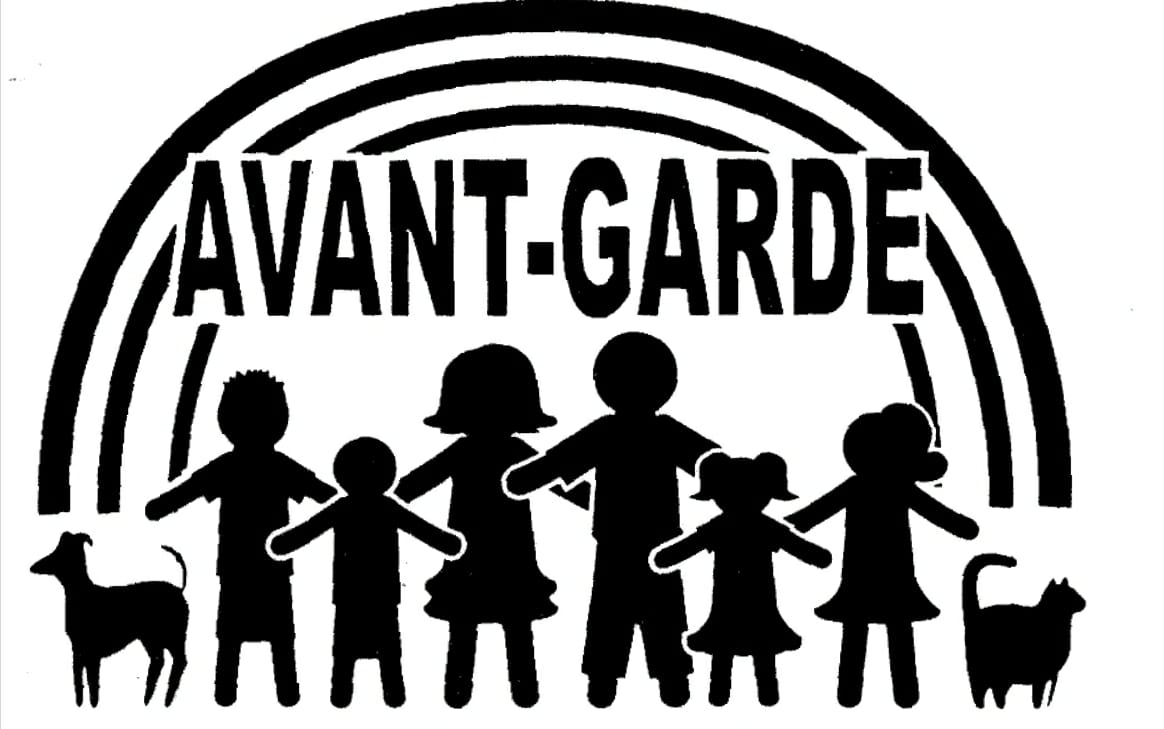
Saying “I love you” to a child is important. They need to hear it often. But actions speak louder than words. For some children, a touch, a gift, an affirming word, or quality time can mean more than all the “I love you”s in the world.
Here’s a collection of ideas you can use to express your love to all the children in your care – enough for every day of the month. These ideas work for any child, unless there are special circumstances. Use wisdom when dealing with children from trauma, abuse, or neglect.
(Note: He/she pronouns are used interchangeably and at random. These are in no way gender-specific).
#1 Wake her up in the morning with a cup of tea or warm cocoa.

It only takes a few extra minutes and eliminates the crazy stress of alarm clocks and yelling. An act of kindness and a smile are so much more peaceful than the typical morning rush. Try it! (It works because it’s sweet, and they have to sit up to take the mug from you.)
#2 Play a game with him.

Board games, card games, even video games, offer the opportunity to bond with your child. Playing games teaches a lot of interpersonal and social skills, while bringing a lot of laughter. I’m not suggesting you sandbag, but winning is also great for the child’s self esteem.
#3 When he talks to you, really listen.
Stop what you’re doing, set down the phone, and make eye contact. Nothing says, “You matter to me” like being present in the moment.
#4 Invite her on a date.

Dress up and do something special. One-on-one time lets the child get to know you better. It also communicates that you like them. Be sure to demonstrate how gentlemen and ladies behave.
#5 Frame his artwork and hang it on the wall.
Artwork is a reflection of the artist. It should be treated with respect. Displaying a child’s artwork is a huge boost in their self-value.
#6 Plant a garden together.

Choose the plants and dig in the dirt together. Gardening shows how things grow, and it teaches patience. As an added bonus, many picky eaters are eagerly willing to eat food they’ve grown themselves.
#7 Kiss her on the forehead.
Kiss him on the top of his head. This simple act of affection offers a tenderness many foster youth have never experienced.
#8 Hide little notes.

A simple drawing or a word of encouragement hidden in a lunch box or under a pillow will bring a smile. Write “I love you” on the bathroom mirror to start the day off right.
#9 Choose a song together to be “Your song”.
Make up some of your own lyrics to it and it’ll become a sort of inside joke between you. On those days when you can’t be together, that song will hold a special meaning.
#10 Give a hug.

Ask first. This needs to be done only with permission. Some children are starving for hugs while others may not be ready. They say that a 20 second hug releases the feel-good hormone oxytocin. Be mindful though, 20 seconds is a really long time in hugging world.
#11 Take a walk around the block together.
Exercise is beneficial at any age. A walk around the block is enough time to get the blood moving and some fresh air in the lunges. It also helps to familiarize the child with the neighborhood. Be sure to point out landmarks along the way.
#12 Go for a car ride to nowhere in particular.

Car rides are a wonderful time for deeper conversation. Without the eye contact, kids will let their guard down and open up a little more. Make it an adventure. Bonus: If you have a little, you might just get them to fall sleep.
#13 Play ball with him.
Toss a football, kick some goals, shoot some hoops, or play catch. Take time from your busy schedule to help your child increase a skill.
#14 Give a gift.

Bring home a small gift that says “I thought of you while I was out.” For many children (and adults, for that matter), getting gifts speaks their “love language” like nothing else. And it’s not about the price.
#15 Take a picture together.
Capture a moment with a selfie or go formal with a professional portrait. Let her know she’s forever in your heart no matter what comes.
#16 Let him catch you bragging about him.
While you never want to talk behind your child’s back, telling another how proud you are of him within earshot will really boost his self-worth. Just be careful it’s not a comparison brag, like how much better he’s getting about wetting the bed. Yeah, don’t do that.
#17 Cuddle on the couch together.

Snuggles are the best. If your child is sleepy, cold, or feeling cranky, she might just need a little together quiet time. Grab the biggest quilt and snuggle down with a book or movie.
#18 Let her pick out the movie.
Whether at home or the theater, let your kiddo pick out what interests him. Of course the choices must be age appropriate.
#19 Read aloud.

Children of any age love to be read to. Kids don’t outgrow this. Reading for pleasure often stops when kids get into upper grades. Start young and don’t ever stop.
#20 Do a jigsaw puzzle together.

A puzzle teaches about team effort and seeing something through to completion. Stay within the child’s skill level to avoid frustration.
#21 Have him teach you something new.
What is your child good at? Can she do a card trick? Does he play an instrument? Maybe she has a cool way of writing her capital letters. Doesn’t really matter what it is. When you become the student, the child becomes the teacher. It’s a great confidence builder!
#22 Fix her hair pretty.

Take the time to braid it. Try out some new looks. Remind her she is beautiful inside and out.
#23 Let her fix up your hair.
Young children love to brush mommy’s hair. The benefits include fine motor skills, creativity, decision making, and more. The real benefit is the tenderness it creates as the child becomes a caretaker in that moment.
#24 Make a blanket fort in the living room or dining room.
Do this and you’ll be the fun parent! You can join in or leave the kids to themselves in there, but either way, imaginations will soar. When the parent can relax and let play happen, the household will feel more peaceful.
#25 Push her on the swings a little longer.

Swinging is freeing and relaxing for many kids. Giving your kiddo a little extra time on the swing is a nice way to show you care.
#26 Help with homework without getting cranky.
It’s hard, I get it. Acknowledge the child’s frustrations and offer calm support and encouragement.
#27 Ask him to tell you about his favorite book/movie/song/teacher.

Find out what delights him and why. We all love the feeling of being heard and feel more connected to those who make the effort to ask questions.
#28 Give grace where criticism wants to take over.
When your inner critic wants to move in, hush it up and let your child know it’s ok to be human. It’s ok to share a story of one of your own failings so they know you can empathize.
#29 Race him to the corner.

Kids love a challenge when they think they can beat you. If you can’t run, try racing toy cars or some other competitive activity. Winning and losing both come with lessons, and there’s bound to be laughter.
#30 Break a rule.
Stay up a half hour later. Watch T.V. on a weeknight. Eat dessert first. Create a memory with a “just this one time” moment. Make sure you choose something that won’t have negative consequences like super cranky kids the next morning.
#31 Help them dream big dreams.
It’s easy to let life beat you down and make you feel like you can’t do anything right. Encourage your kids to dream big dreams. Don’t judge or evaluate, just be their biggest cheerleader. 
Have Fun!
Spending relationship-building time with your kiddos is bound to lead to silliness and laughter. Whether you’re showing tenderness in a difficult situation, or making fun memories, you’re saying “I love you” in a way the child will believe.

Foster kids might not be with you as long as your biological kids, but they deserve to feel loved and connected. The love you show to any child will affect their self-worth and stay with them throughout their life.
We hope you’ll give a bunch of these a try. Share your own ideas and experiences in the comments!
Article written by Cindy White Horvath. She can be reached at cindy@avgffa.org


